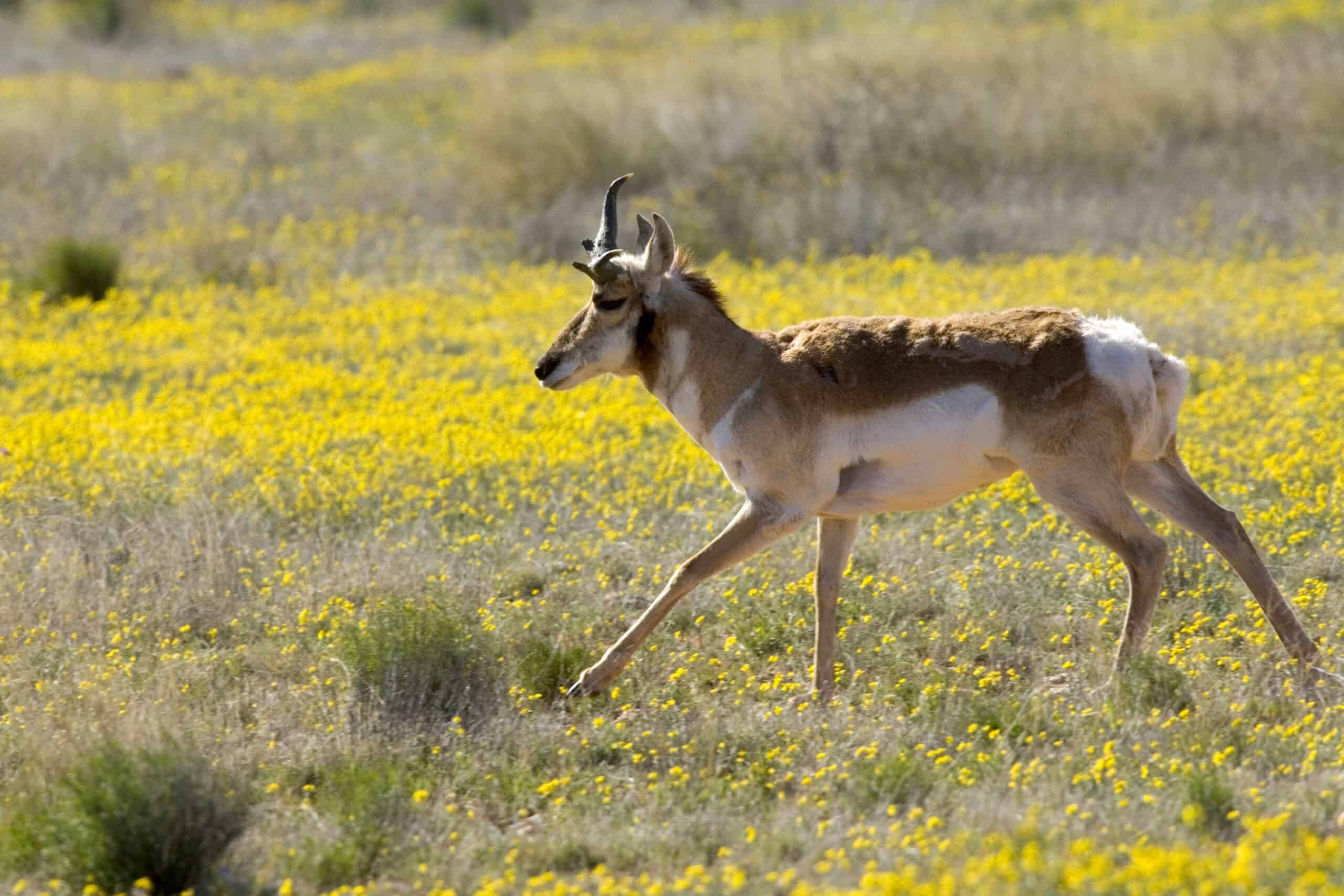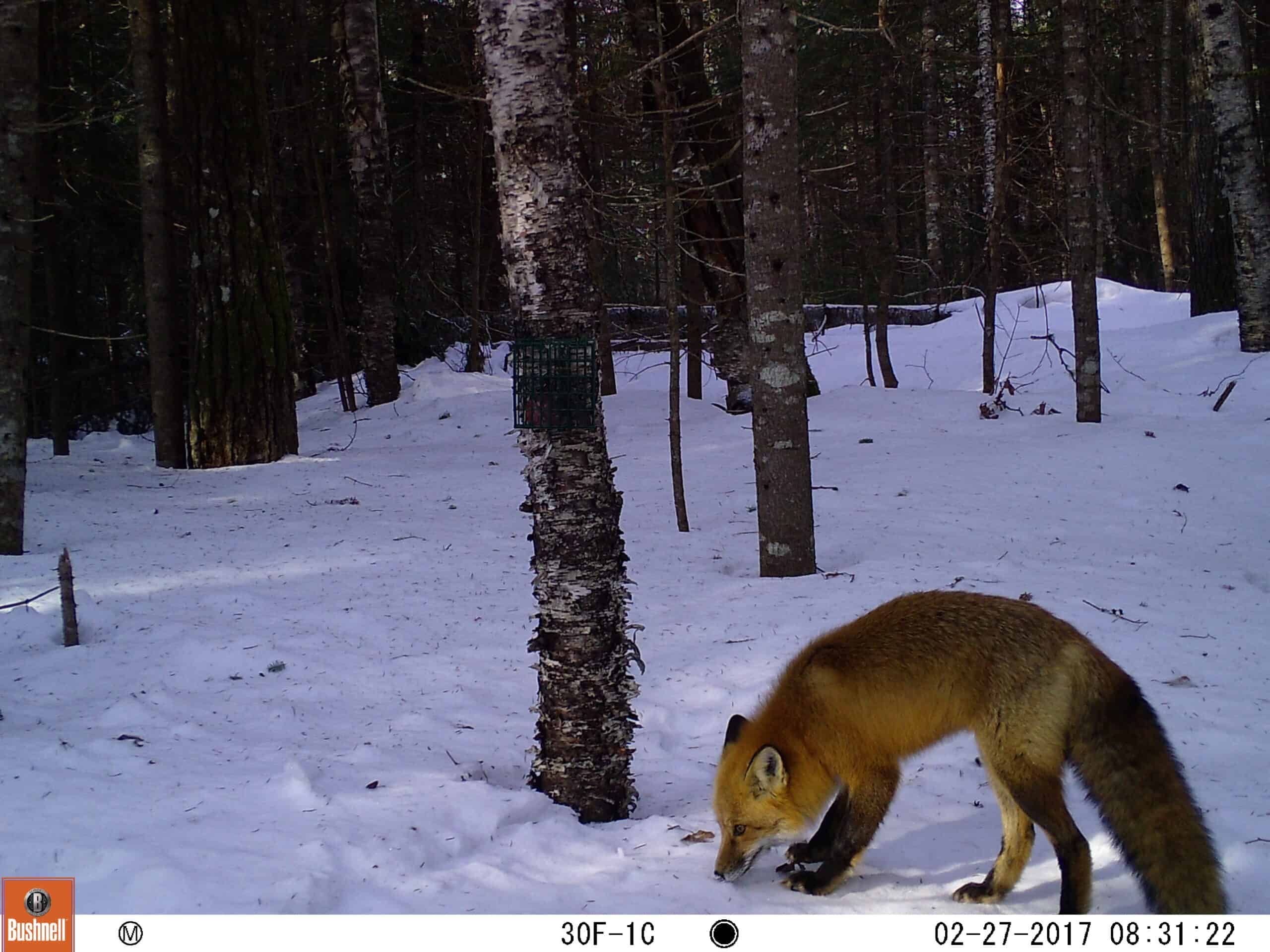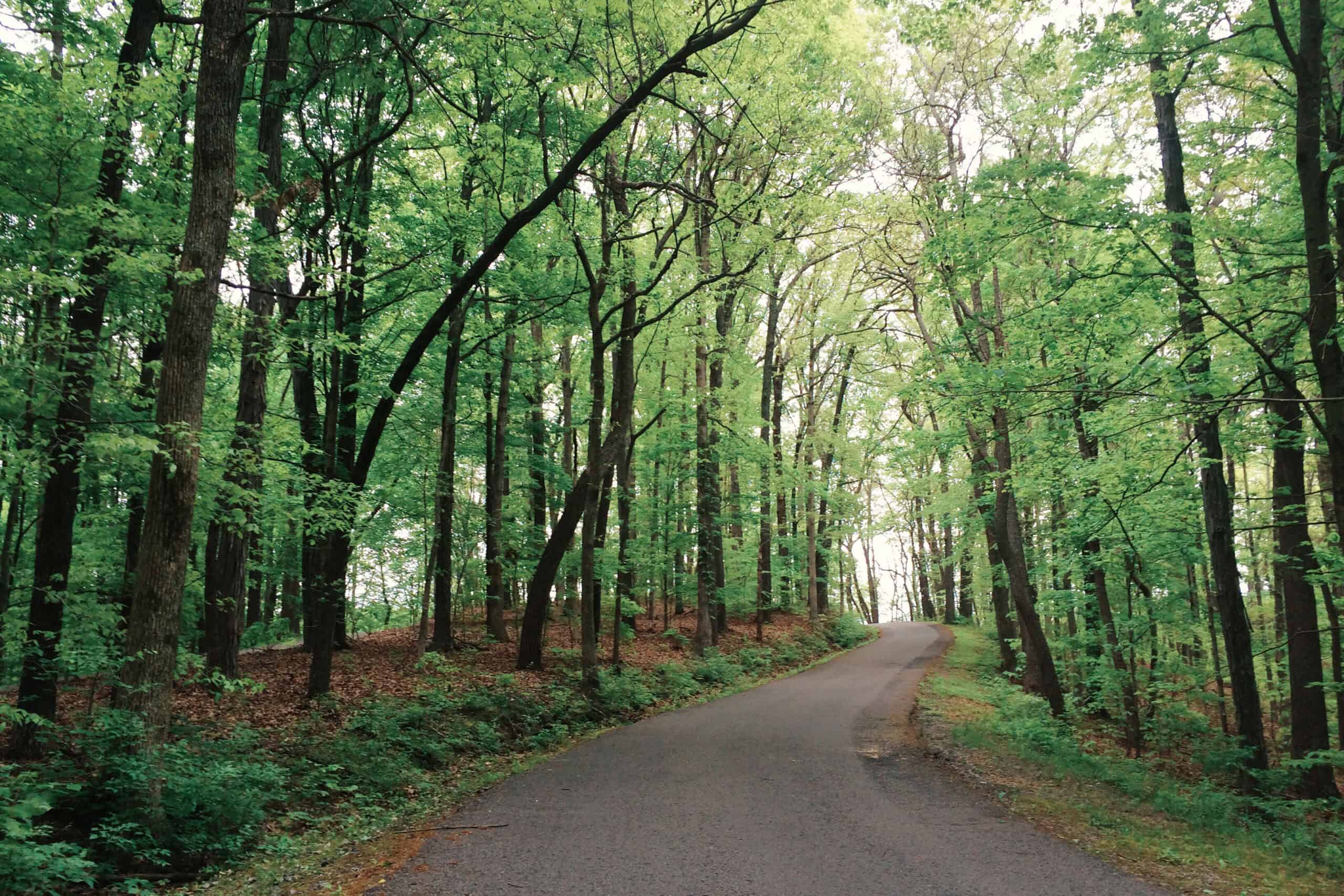Share this article
Students enjoy a “Day in the Dirt”
Twelve undergraduate wildlife biology students and three employees with the North Carolina Resource Commission recently took a field trip to the Caterpillar customer and training center in Clayton, N.C., where they toured the facility, learned about the company’s environmental initiatives and operated large machinery.
Learning how to use the machinery is important for wildlife professionals, said Lara Pacifici, a teaching assistant professor at North Carolina State University who helped put the trip together with the North Carolina Section of TWS’ professional development committee.
“If you were trying to restore an area or create certain habitat, you spend a lot of time doing land management and might use heavy machinery to alter the landscape,” Pacifici said.
Twenty or 30 years ago, more wildlife biology students came from rural areas, where driving tractors gave them experience with heavy equipment, Pacifici said. As the field changes and more students come from urban areas, trips like this give them experience with equipment they might not get otherwise, she said. It may not make the students experts, Pacifici said, but it will give them a head start and something to add to resumes.
The students moved gravel with an over 20,000-pound small-wheel loader, spread mulch with a compact track loader and played a game of bowling with a backhoe loader. They also learned about Caterpillar’s environmental initiatives, including zero-carbon engines, which burn the carbon created and leave it as a power residue in the machines’ filters.
“They’re working to be sustainable,” Pacifici said.
Caterpillar, Inc. is a premier partner of The Wildlife Society.
Header Image: A North Carolina State University wildlife biology student operates a small-wheel loader. ©Lara Pacifici








